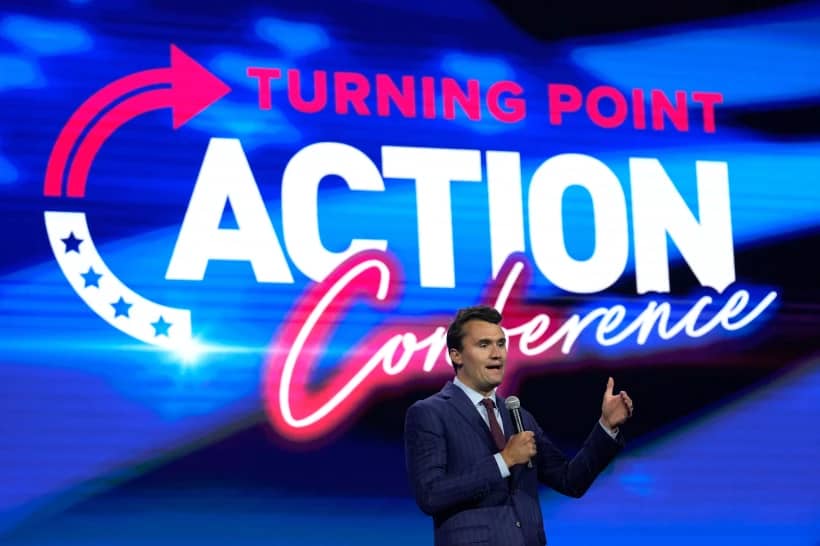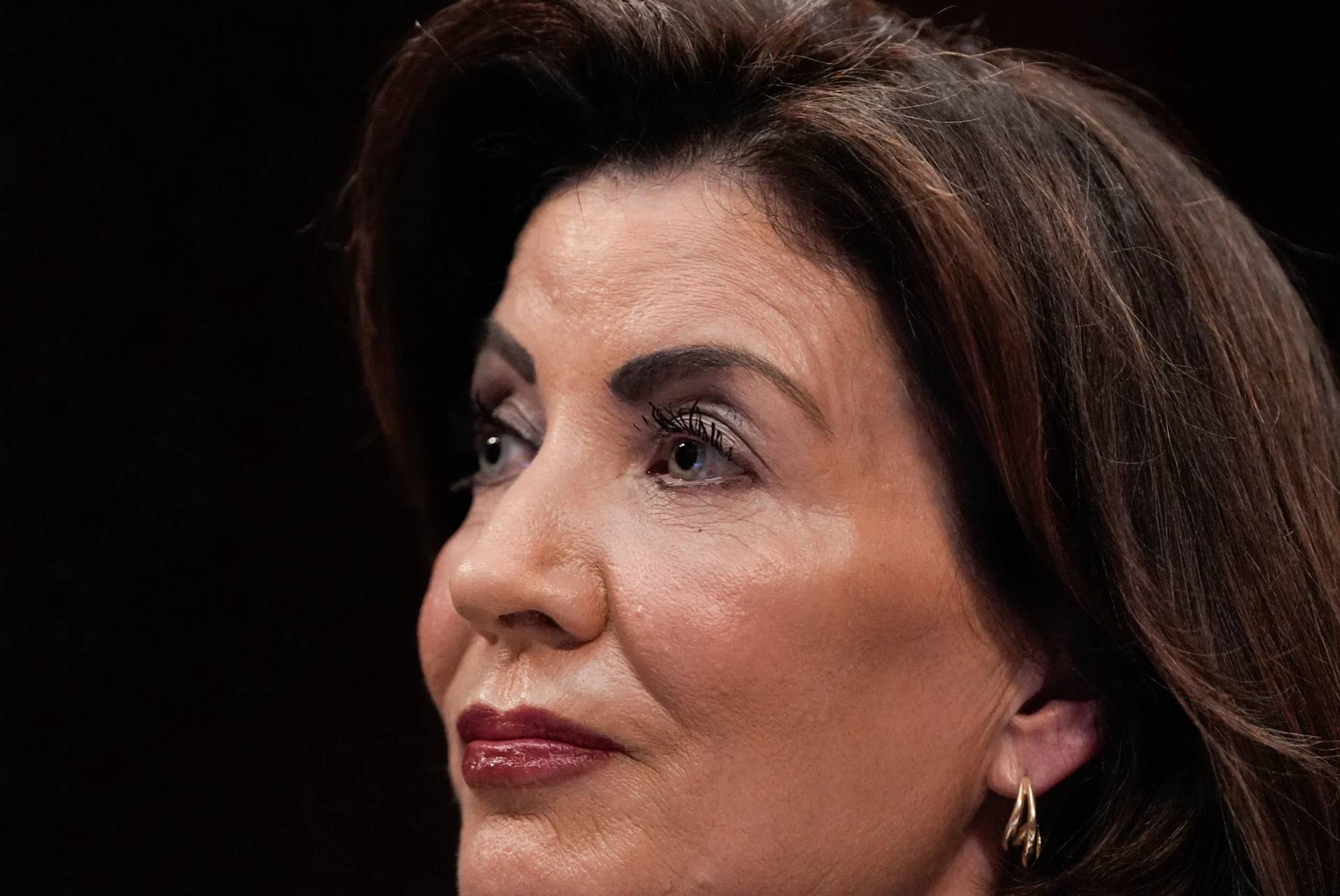Rohingyas in Myanmar face “problems and conflicts,” but the situation is clearly not one of genocide, according to the country’s first cardinal.
Charles Maung Bo, Archbishop of Yangon, told Crux there are many issues the minority Muslim group are facing, including their citizenship troubles, but “ethnic cleansing” is not taking place.
Rohingyas live mostly in Rakhine State, and claim to be native to the area. There was also immigration from the neighboring areas of India, and what is now Bangladesh, during the precolonial and colonial era, but most families have been in the area for generations.
Rohingyas have faced persecution for decades, and were denied citizenship under a nationality law passed by the government’s military regime in 1982, in which the Rohingyas are officially considered “Bengali interlopers.”
Since then, they have suffered occasional pogroms, including in 2012, when thousands were burnt out of their homes.
Since the country held its first free national elections in decades in 2015 – won by Aung San Suu Kyi’s National League for Democracy – the situation has not gotten better.
A major crackdown on the community – instigated by extremist Buddhist monks – began in 2016.
Tens of thousands of Rohingya, perhaps as many as 100,000, are believed to have fled the country after these events, most crossing by land into Bangladesh but others taking boats in an effort to reach Indonesia, Malaysia, and Thailand.
Often, they have faced a harsh welcome, with receiving countries ill-prepared to handle an influx of refugees.
Cardinal Patrick D’Rozario of Bangladesh, where Pope Francis is expected to visit later this year and where Rohingya Muslim refugees from Myanmar have to date received a decidedly uneven reception, said on World Refugee Day that these new arrivals are “human beings who have a right to dwell in their own traditional way.
“They have a right to live where they have been living, but now they are refugees,” said D’Rozario.
A UN report in February described the situation in Rakhine State a possible “genocide” and described a set of “crimes against humanity” in Myanmar, noting the Rohingyas are in effect stateless, and facing a “campaign of terror.”
Bo has been a strong advocate for better treatment of the Rohingyas, and in February called on the Myanmar government “to allow unhindered access to all parts of Rakhine State,” as well as to allow “international humanitarian aid agencies, media and human rights monitors…to work with the international community to investigate the crimes reported by the United Nations, in a truly independent way that results in justice and accountability.”
So for the cardinal to now say “clearly there is no ‘genocide’ and no ‘ethnic cleansing’” of the Rohingyas is significant.
Bo told Crux all religious minorities, including Christians, face problems in the Buddhist-majority country. He said there are over 150,000 refugees in camps across the border with Thailand, and the bishops’ conferences of both countries are working together to help prepare the way to repatriation.
RELATED: Pope’s meeting with Suu Kyi likely not all sweetness and light
Pope Francis has often spoken about the plight of the Rohingyas, first mentioning them in August 2015, during a session with youth in Rome.
“Let’s think of those brothers of ours of the Rohingya,” he said. “They were chased from one country and from another and from another. When they arrived at a port or a beach, they gave them a bit of water or a bit to eat and were then chased out to the sea.
“This is a conflict that has not resolved, and this is war, this is called violence, this is called killing!” Francis said.
One month later, he brought the Rohingya up again in an interview with Portuguese radio.
“Further away from Europe there is another phenomenon which hurt me deeply: the Rohingya, who are expelled from their country, get into boats and leave,” he said.
“They reach a port or a beach, and they are fed and given water and then sent out to sea again, and not taken in. There is a lack of capacity for welcoming humanity.”
Francis came at the subject again in February, saying on the Church’s International Day of Prayer and Awareness against Human Trafficking that “they have been suffering, they are being tortured and killed, simply because they uphold their Muslim faith.
“I would like to pray today with you in a special way for our brothers and sisters Rohingya,” the pontiff said.
“They are driven out of Myanmar, going from one place to another because they’re not wanted. They’re good people, peaceful! They aren’t Christians, they’re good [people]. They’re brothers and sisters of ours,” he said.
The remarks were spontaneous, suggesting the issue is close to Francis’s heart.

















